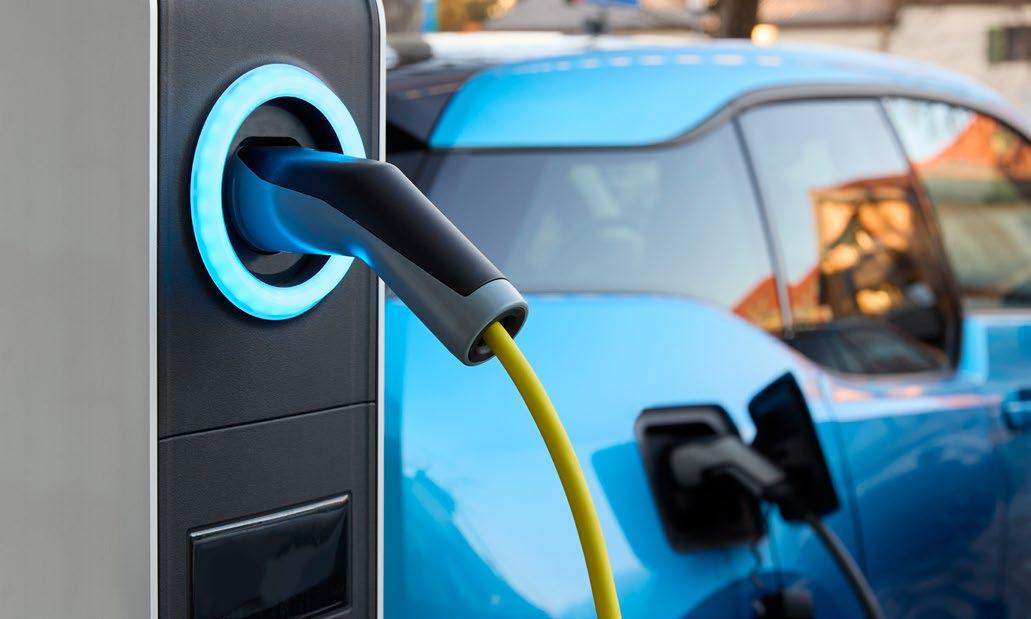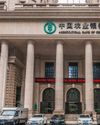
The public is now increasingly concerned about the environmental and social impact of how they live, work and play. They are also now paying attention to the impact of their investments, in addition to achieving financial returns.
Moreover, investors are holding companies accountable for contributing to sustainable development, including mitigating negative environmental effects, and ensuring social well-being.
This is what UOB Thailand, Asia’s leading bank, has observed in the past years and is where they direct a huge amount of their focus. In this regard, it has publicly indicated its commitment and targets.
It has based its net zero targets on regional pathways. Whilst being guided by the science in setting targets and aligning with global net zero models, the Bank has stayed pragmatic and where possible, extracted regional pathways that represent the fair contributions of its key markets.
“Our sustainability journey aligns with a clear roadmap and robust targets, and we take pride in engaging our stakeholders, measuring our progress, and refining our approach to building a more sustainable world for ourselves and future generations,” said Mr Tan Choon Hin, President and Chief Executive Officer at UOB Thailand.
Under this approach, UOB Thailand has developed a comprehensive suite of sustainable finance frameworks for its wholesale banking clients. These frameworks, which have been assured by trusted second-party opinion providers, are designed to support clients on their sustainability journey. Such strategy was utilised in its partnership with electric vehicle (EV) manufacturer REVER Automotive Company Limited, run by the third generation of Siam Motor Group.
This story is from the {{IssueName}} edition of {{MagazineName}}.
Start your 7-day Magzter GOLD free trial to access thousands of curated premium stories, and 9,000+ magazines and newspapers.
Already a subscriber ? Sign In
This story is from the {{IssueName}} edition of {{MagazineName}}.
Start your 7-day Magzter GOLD free trial to access thousands of curated premium stories, and 9,000+ magazines and newspapers.
Already a subscriber? Sign In

Embedded Finance, Digital Banks To Drive SEA's Fintechs
Embedded finance, partnerships, and digital banks will be the three defining trends shaping Southeast Asia’s financial technology (fintech) landscape in the future.

UBC Aims For Top 5 In Sri Lanka Banking
Chairman Nirvana Chaudhary is prepared to lead amidst a national finance crisis.

What Makes Malaysia The Next Great Investment Banking Frontier In Southeast Asia?
EVs, takaful insurance, and its proximity to Singapore attract investment activity, according to a BofA executive.

How HomePay Is Combating Renovation Scams In Singapore
Money is put in an escrow account and disbursed when milestones are reached.

Will Property Woes Continue To Weigh On Chinese Megabanks?
This year, Chinese megabanks are facing two big hurdles: the government’s mandate that may force banks to take on more risks in the name of propping up China’s embattled property sector; and declining credit demand and interest rates.

How Have Banks' Wealth Management Pivots Played Out In China?
There’s up to $25b in fees to be made in Asia, but it’s a tough market, an analyst said.

Why Singaporeans are okay with locking away over $4b of their money
Customers can only access 'locked' money with a physical card or by visiting a branch.

OCBC builds the the next pipeline of talent
Lim weaves in support for women bankers to broader industry talent shortage.

Banks flip the tables on disruption by becoming the disruptors themselves
Companies are facing not just tech transformations but also shorter skill lifespans for their workforce.

Basel III capital hike is not a problem for APAC
Most of banking jurisdictions in most Asia Pacific markets should be able to absorb the moderate increases in capital requirements stipulated under the final Basel III standards.